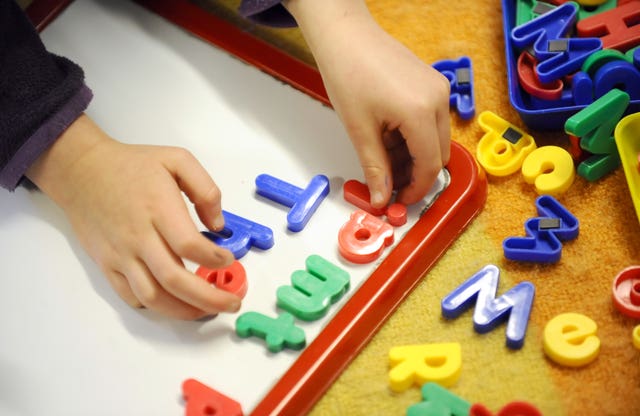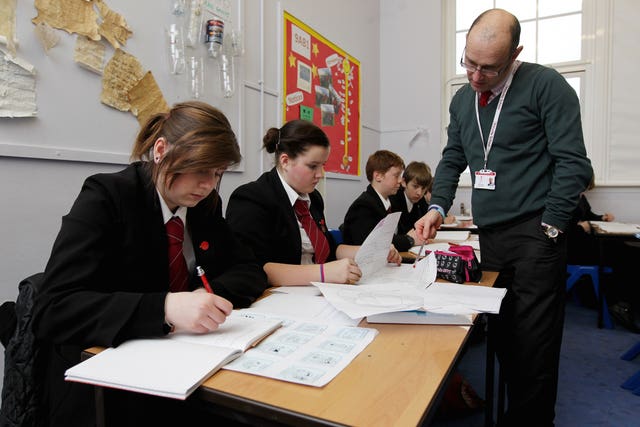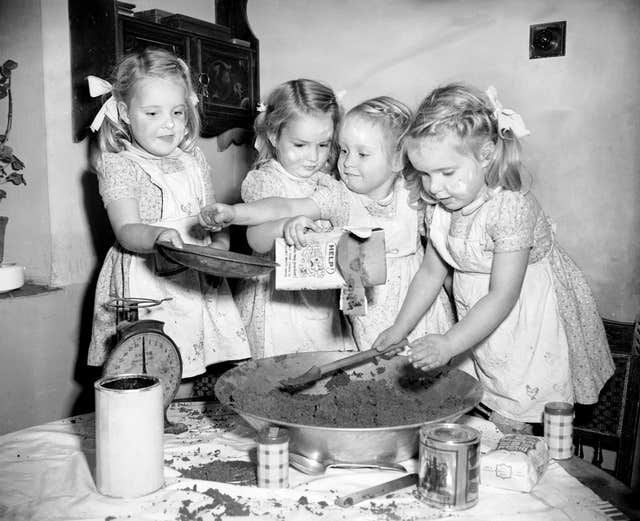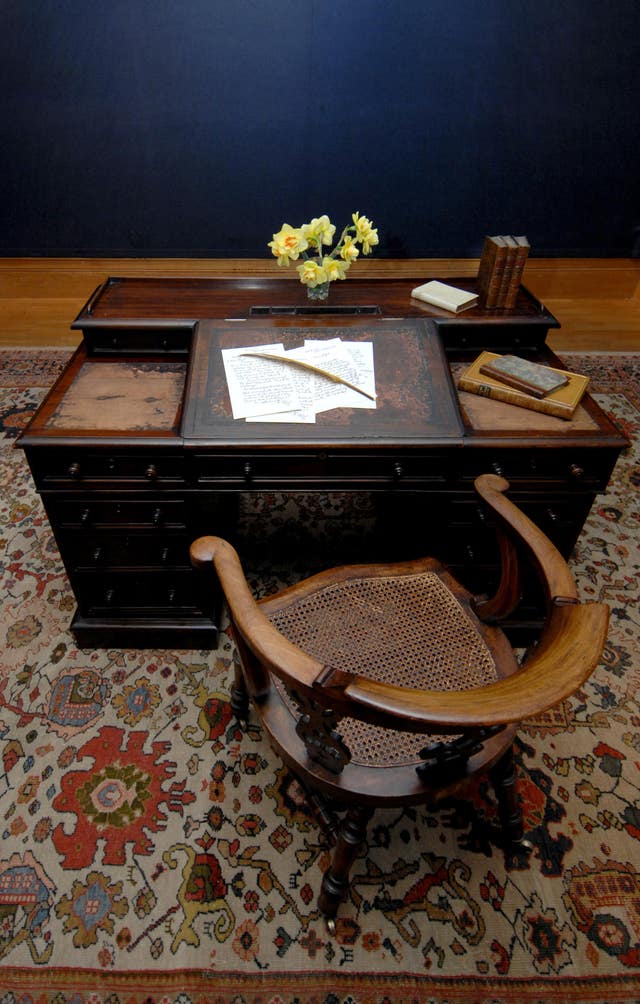So schools have been closed for three days now… Do you have a sharpened sense of respect for the teaching profession? Those long summer holidays teachers enjoy looking less of a perk and more of a necessity?
Well, fear not, here are some home schooling tips for stressed out parents whose children so far have only managed to improve their score on Flippy Race*.
*Free to download from Ketchapp Games – very addictive.
1) Routine
By now we have established you surely have to set at least a rough timetable.
It’s tough when the 10-year-old gets up at 6.30am as usual and the 12-year-old rolls out of bed at 10am, but try to stick to a routine.
Otherwise the day ends up shapeless and people are still eating cornflakes at 11.30am. Would they do this if school was open?

2) PE
Let’s get those little ones’ hearts pumping.
Joe Wicks has taken the nation by storm. He hosts an online PE session at 9am every school day and, by lunchtime, Wednesday’s had been viewed more than 1.7m times. You can join in too.
If you missed today’s workout you can still do it here anytime ?? https://t.co/kA1nd1Dman#PEWithJoe
— The Body Coach (@thebodycoach) March 25, 2020
Just try not to be jealous of his pristine living room.
3) Timetable
Now let ‘The Learning’ begin. My son suggests starting off with subjects that the pupil likes best (maths and science for him) and once they have got going, to sneak in bits they don’t like (RE). But that’s just him.

4) Resources
Here is a flavour:
– Rosetta Stone is offering free language lessons
– the Royal Society is sharing six videos of Professor Brian Cox science experiments here: https://royalsociety.org/topics-policy/education-skills/teacher-resources-and-opportunities/brian-cox-experiments/
– Twinkl and BBC Live Lessons have many more.
5) More resources
More ideas
– create your own word searches, particularly around a topic they love
– cooking teaches numeracy, motor skills and patience
– encourage them to paint or draw something for a relative they cannot see

6) Snacks
Set up a tuck shop. Give your pupil a set daily amount to spend and make healthy items cheap and sugary snacks more pricey.
They learn to manage their expenditure and stop pestering you for sweets.

7) Shhh!
Factor in two quiet periods of reading into their schedule. Younger members of your house could listen to an audio book. David Walliams is releasing a free story every day.
Today’s audio story from ‘The World’s Worst Children’ is our 3rd of 30 delightfully dreadful tales, and is all about Grubby Gertrude. I hope you enjoy it and if you don’t you can’t have your money back because it is FREE. x #AudioElevensesClick here to listen pic.twitter.com/QkZiW59tha
— David Walliams (@davidwalliams) March 25, 2020
Everyone needs a break from each other.
8) Dear diary
Encourage your child to express themselves in a journal, with words or drawings of how they feel.
This period will one day be taught in the history books and they will be able to pass on their diary explaining what they went through to their children and grandchildren one day.

What better time to look out a window and learn about birds?
The RSPB has produced these birdwatching sheets for young wildlife lovers.
@RSPB_Learning and @theASE have joined forces to bring educational, fun activities that can be done at home. Watch this space for more information in the near future…@Natures_Voice #Teacher #homeschooling #WildChallenge #ASEChat pic.twitter.com/g8qFzDR6y9
— RSPB Learning (@RSPB_Learning) March 25, 2020
Set them a challenge over a set period to spot as many species as possible. https://www.rspb.org.uk/fun-and-learning/for-teachers/schools-birdwatch/resources/
10) #Bekind
Remember you are not a teacher (if you are why are you reading this)?
Your home is not a school. These are unprecedented times. Take it easy on yourself and your children. They might not remember what you taught them during this time, but they might well recall how you handled it.







